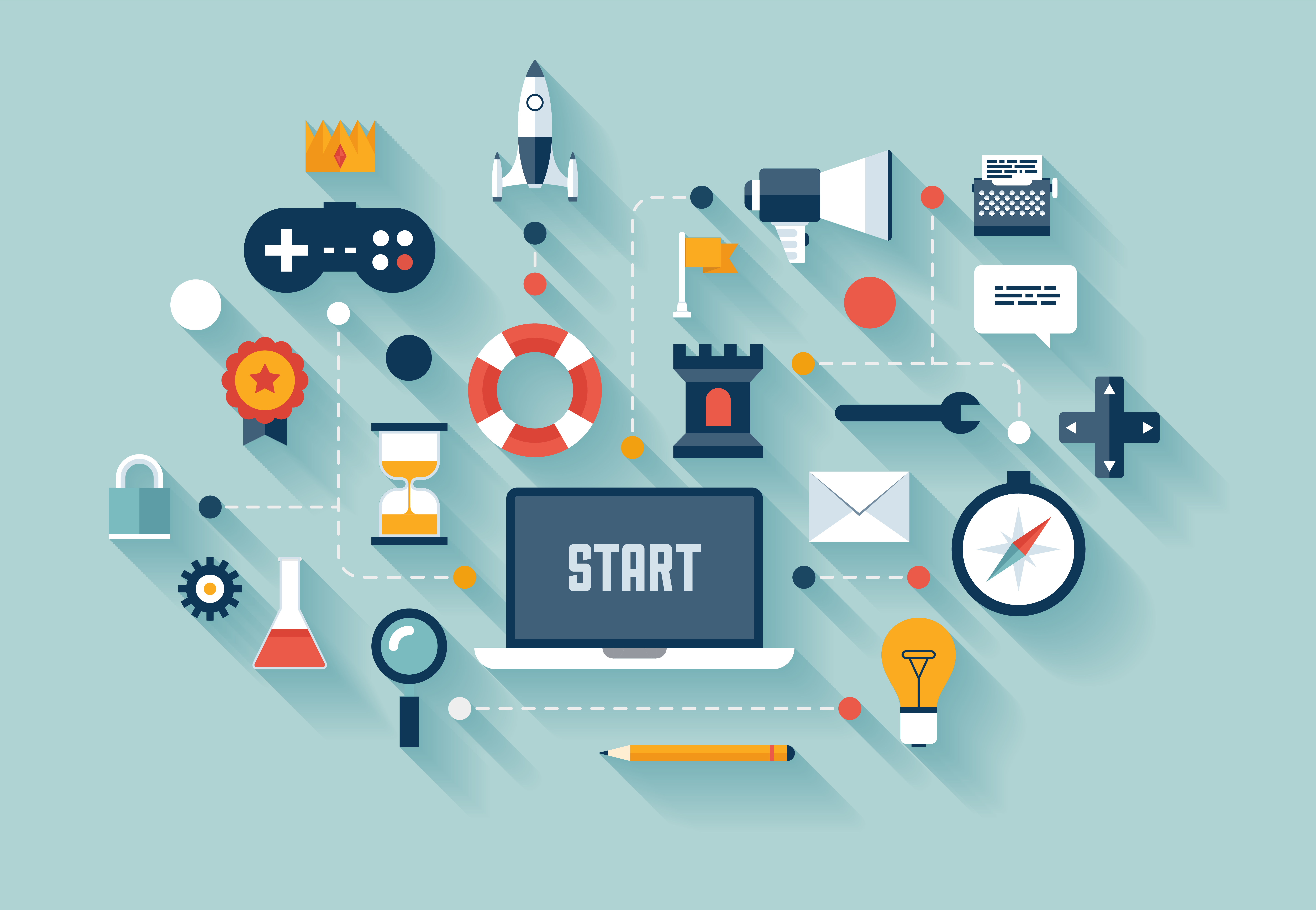
Generation Z—those born after the mid-to-late 1990s—are digital natives who have grown up in a world of smartphones, social media, and constant connectivity. To engage this dynamic generation, education needs to be as interactive, collaborative, and tech-savvy as they are. Enter game-based learning, a potent aspect of educational technology (EdTech), perfectly suited for engaging Gen Z. Let's explore why.
1. Immersive Experiences:
With game-based learning, education transcends traditional lecture-based instruction. Games can take students on historical adventures, scientific explorations, or mathematical quests, captivating them with immersive experiences, storylines, and challenges.
2. Boosts Engagement:
Games by their nature are engaging, and applying that to education has the same effect. Game-based learning mixes fun with instruction, keeping Gen Z learners invested in their educational journeys, thereby improving their concentration and intrinsic motivation.
3. Enhances Retention:
Game-based learning promotes active participation, pushing students to apply the information they've learned to solve problems or reach in-game goals. This process improves knowledge retention and understanding of complex subjects.
4. Encourages Collaboration:
Multiplayer educational games foster teamwork. Gen Z, known for valuing collaboration and social consciousness, can work together, share strategies, and learn from each other, promoting a healthy, collaborative learning environment.
5. Instant Feedback:
Most educational games provide immediate feedback, making learners understand their mistakes right away and learn from them. This immediate reinforcement is effective in bettering concepts, improving skills, and promoting a growth mindset.
6. Develops Essential Skills:
Aside from subject-specific content, game-based learning also promotes the development of essential 21st-century skills. These include problem-solving, critical thinking, creativity, digital literacy, and adaptability, all within a low-risk environment.
7. Personalized Learning:
Game-based learning naturally offers personalized instruction. A student progresses through the game at their pace, tackling challenges that match their current level, creating a personalized, self-paced learning journey.
8. Promotes Inclusivity:
Game-based learning does not discriminate. Regardless of ability, everyone is on equal footing in a game. This inclusive nature of gaming can help level the playing field in education, aiding in achieving academic equity.
EdTech is revolutionizing the way Gen Z learns, and game-based learning stands at the forefront of this transformation. While this presents manageable challenges like ensuring digital equity and controlling screen time, the benefits are substantial. By integrating gaming elements into education, we can keep Gen Z learners active, engaged, and invested in their learning process while equipping them with the skills they need for the future.
